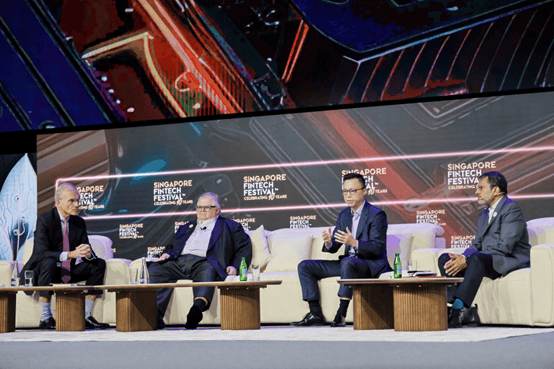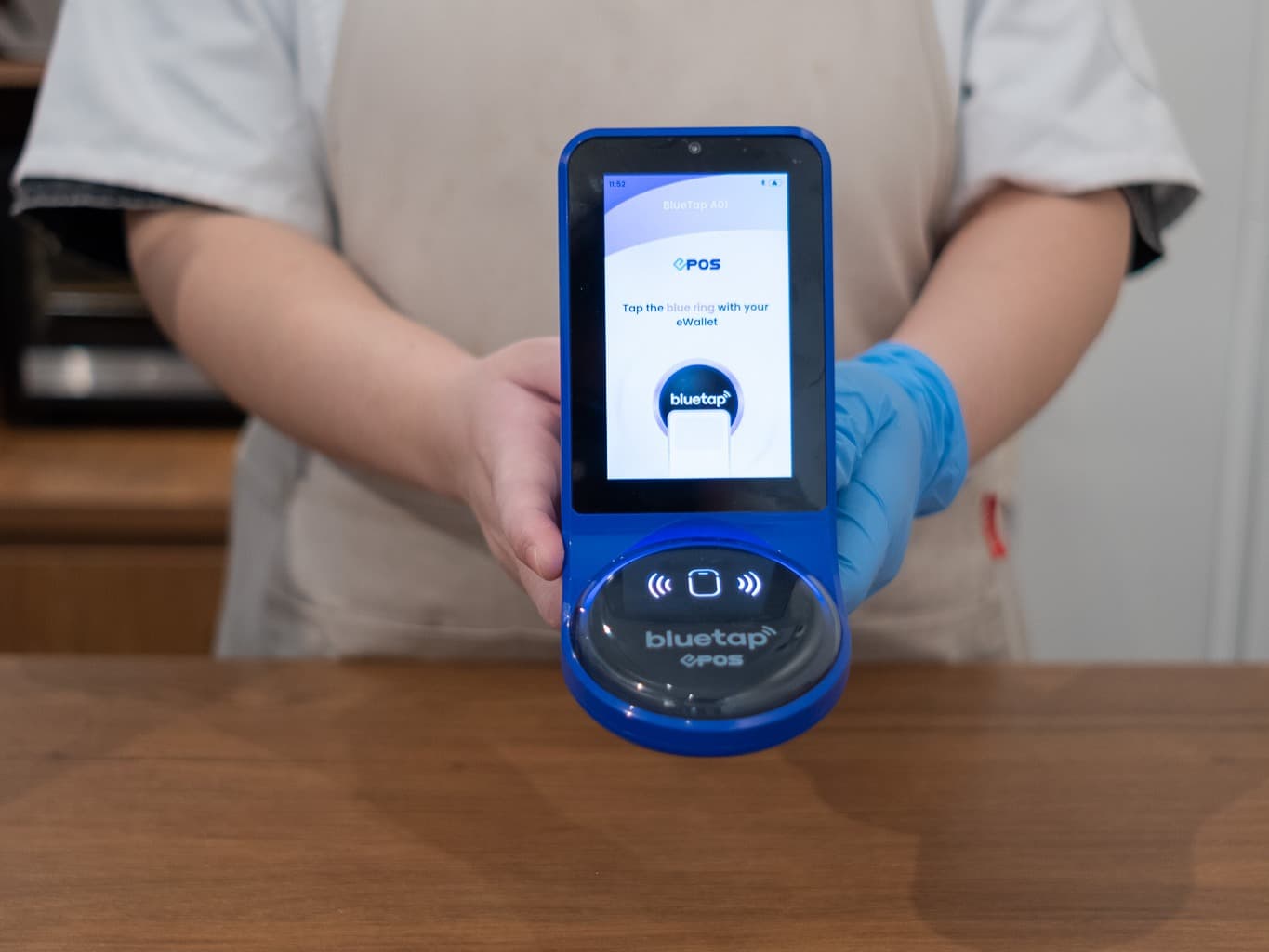
By Andrew Hawken, CEO of virtual reality start-up Mesmerise
The past year has cemented why virtual reality (VR) is a powerful tool for the business community. As businesses across the world were plunged into uncertainty and employees instructed to work from home where they could, the need for colleagues to interact and collaborate through digital platforms became a top priority.
Most adapted quickly and transitioned online using Microsoft Teams or Zoom to engage with each other. However, it became clear that businesses need more than two-dimensional engagement to thrive while working online and remotely, with many workers finding frequent video calls draining and monotonous. For many companies, VR is now providing part of the answer to these problems.
Recent advancements in VR – in terms of its accessibility and affordability – have put the technology firmly on the pathway to becoming a mainstream feature of the business world in the next few years. Here are five reasons why more businesses are starting to embrace the advantages VR can bring to their operations:
A vital training tool
VR is an incredibly valuable training tool for businesses – whether it be for high risk, technical roles such as pilots or surgeons, or soft skills exercises such as how to make good ESG decisions for investing professionals. VR allows you to simulate potential real-life scenarios, so that employees involved in training exercises are fully immersed in an environment where they can see the consequences of the decisions they make and feel the weight of what they are preparing for.
Team building opportunities
As more businesses move to a permanent hybrid style of working, the ability for teams to be able to connect in a non-physical shared space will become even more important and beneficial for employee satisfaction and overall engagement. VR delivers that by creating a sense of co-presence that simply cannot be replicated in video calls. VR fully involves users in conversations with colleagues – making them feel valued, listened to, and connected as a team. You could be networking in a meeting space overlooking the Rocky Mountains or working as a team to complete unique team building exercises. The important thing is that you all feel like you are actually together.
Improved productivity
Business leaders are taking note of the increased engagement VR meetings and events deliver. Issues around people losing concentration or not being productive in long meetings are addressed with never-ending options for companies to create unique and amazing environments tailored to the meeting purpose, whether that be for brainstorming, presentations or training. Moreover, VR is fully immersive so there are no distractions – enabling better decision making in less time. Just imagine if your daily investment team meetings were held in VR – for that small slice of the day, your investment professionals would be fully focused on the day ahead and prompted to think differently about the world around them.
With VR, there’s no need to waste hours booking flights and accommodation or travelling red eye. Businesses can work more efficiently connecting teams, executive boards, or individuals in one space.
New business leads
The fact that spaces in VR can be designed specifically for your meeting purposes also makes VR a fantastic tool for impressing new business prospects, helping you nail that big pitch by using the space to your advantage. This is particularly useful for investment firms that want to engage their customers. What if you could fully immerse a fundraising prospect into the business opportunity you are pitching?
VR can also be used to network and make new connections. Each user has their own unique avatar based on an image of themselves and can set up one on one conversations with attendees at events and conferences – just as you would in the real world but without the hassle of travelling.
Recruitment
The recruitment process as it currently stands can easily be transferred to VR. Companies can meet applicants in VR spaces that facilitate open conversations and help both parties establish if they are a good fit for the business, whilst reducing recruiting costs and travel expenses. It can also help open-up interview opportunities to those who previously might not have been able to travel with significant ease – such as those with disabilities. Moreover, VR enables the investment community to put candidates through scenarios to see how they respond: Are they risk-taking? Do they have the right ethical compass?
Simply put, VR can provide a game-changing addition which will make your business that bit more productive and versatile – especially as we look to post-pandemic recovery. It can work for any business, especially those who want to leave a lasting impression and show their own workforce and clients that they are going the extra mile to provide a variety of spaces to host meetings, seminars and other events. Although it can appear daunting at first, businesses should be open-minded to exploring VR because it will ultimately only serve to enhance their company.


